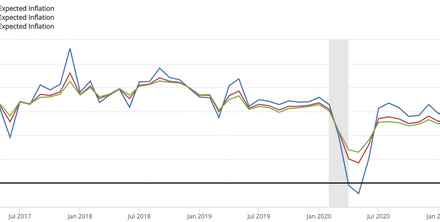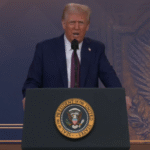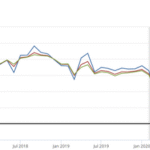In a cozy Lisbon café, Marta Silva, a 29-year-old with a knack for tech and a passion for saving the planet, sketches out her dream: a startup that uses AI to revolutionize recycling. But like countless young entrepreneurs across Europe, she’s hit roadblocks—complex rules, slim funding, and labs she can’t access. Now, the European Union’s new Innovation Act, unveiled last week, is sparking hope for people like Marta. It’s a bold plan to help startups grow, build cutting-edge digital tools, and create jobs, promising a brighter future for millions of Europeans.
Launched on May 28, 2025, as part of the EU’s “Choose Europe to Start and Scale” campaign, the Innovation Act tackles the hurdles holding back dreamers like Marta. It rolls out tools like the European Business Wallet, a digital ID to cut through paperwork, and a Charter of Access, opening up high-tech labs and supercomputers to small businesses. It also creates “regulatory sandboxes,” letting startups test ideas without drowning in red tape. For Marta, this could mean turning her recycling algorithms into a real business, faster, especially in fields like AI or green tech that Europe desperately needs.
“This is about giving people with big ideas a real chance,” said Ekaterina Zaharieva, the EU’s Commissioner for Startups. “We want Europe to be where innovation thrives, not where it gets stuck.” The Act faces a tough reality: Europe’s great at research but lags in turning ideas into businesses. The U.S. saw $178 billion in startup funding last year, while Europe scraped together $51 billion. The Act’s Lab to Unicorn plan connects universities to markets, making it easier for researchers to start companies, and offers clear rules for using intellectual property.
The stakes are personal for Marta and others. Europe’s 27 different sets of rules make growing a business feel like running a maze. “I want to sell across Europe, but every country’s rules are different,” Marta said, sipping her coffee. The Act’s “28th Regime” aims to unify regulations on things like taxes and hiring, so startups can grow without constant headaches. Plus, a new Scaleup Europe Fund and an Innovation Investment Pact will pour billions into tech and climate ventures, giving cash-strapped founders a lifeline.
People are buzzing with cautious excitement. Marta’s thrilled at the idea of using EU labs to test her tech. “It could save me years and thousands of euros,” she said. Tech founders across Europe echo her hope, with one calling the Act “a spark for our startup scene.” But not everyone’s sold. “Great ideas, but the EU’s bureaucracy could slow it down,” warned Elena Rossi, a Brussels-based analyst. Some worry that rules like the AI Act might pile on costs, making it harder for small startups to keep up.
If it works, the Act could change lives. For everyday Europeans, it means more jobs and better solutions—think cheaper energy, smarter healthcare, or greener cities. It could also help Europe’s economy catch up to the U.S., which is now 75% bigger, thanks to tech. Plus, it keeps Europe in control of its tech future, letting startups use local AI hubs and supercomputers instead of relying on foreign systems. Marta’s dream of a greener world could become reality right at home.
The EU’s got a plan to make it happen: the European Business Wallet launches later this year, and the 28th Regime is coming in 2026. They’ll track progress with a scoreboard to see how many startups and big successes—called “unicorns”—pop up by 2027. But it won’t be easy. Can Europe shake off its love for red tape? Will the money reach small players like Marta? For her and countless others dreaming big in cafés and co-working spaces, the Innovation Act feels like a chance to turn ideas into reality—and maybe make Europe the place where the next big thing is born.




















